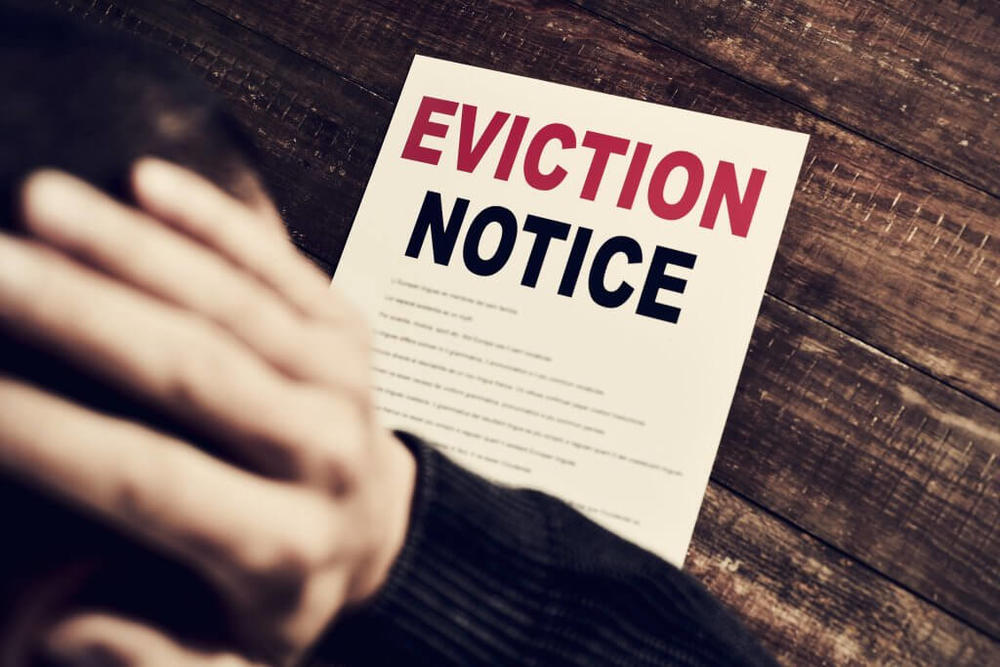
Caption
A Georgia Emergency Rental Assistance Program plan details measures designed to speed up getting hundreds of millions of dollars into the hands of renters and cut down on a large backlog of requests. But the rollout awaits federal judgment.
Credit: Stock image/Georgia Recorder

